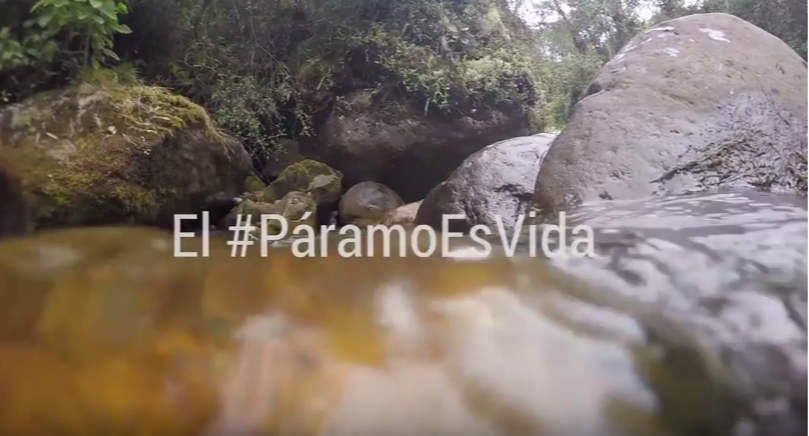
Photo: Ambinte and Society Association
By María Josefina Arce
When Gustavo Petro assumed the presidency of Colombia in August 2022, he inherited an old problem: the threat against the moors due to the irresponsible attitude of previous administrations that promoted large-scale mining, to the detriment of the care of these places and their inhabitants.
Colombia, experts say, is a privileged country, as it has 60% of the world's paramos, with varied vegetation, which is home to 5,000 species of plants and animals such as the spectacled bear, the Andean condor and pumas, among others. .
During his electoral campaign, Petro made clear his position in favor of defending these ecosystems, which provide 70% of the water consumed in the South American nation and are also used in economic activities such as agriculture.
Thus, in the National Development Plan, presented in the first months of 2023 by the president and subsequently approved by Congress, the protection of the environment occupies an essential place, and as part of that policy the organization of the territory around water .
The president has met with the communities of those areas to listen to his concerns and address his claims, while he has reiterated his opposition to large-scale mineral extraction in those natural spaces.
And good news for the country has been in recent days that the International Center for Settlement of Investment Disputes determined that the ban on mining activity in the moors does not violate the Free Trade Agreement with Canada.
The ruling refers to a lawsuit filed by a Canadian mining company that requested a million-dollar sum for the delimitation of the Santurbán moor, in Santander, which vetoed extractive activities in that ecosystem.
Already last March, another decision of that entity also ruled in favor of Colombia in a similar lawsuit filed by another mining company, Red Eagle, for preventing exploitation in paramo ecosystems and especially in Santurbán.
The authorities are also developing the "Parámos para la vida" project, which with financing of 13 million dollars seeks to conserve these valuable places through planning around water, and involve communities in the creation of environmentally friendly productive alternatives.
President Petro has indicated that water is a common good and a fundamental right, which is why his government will continue to protect all the wastelands, classified as factories of the precious liquid, vital for life.

